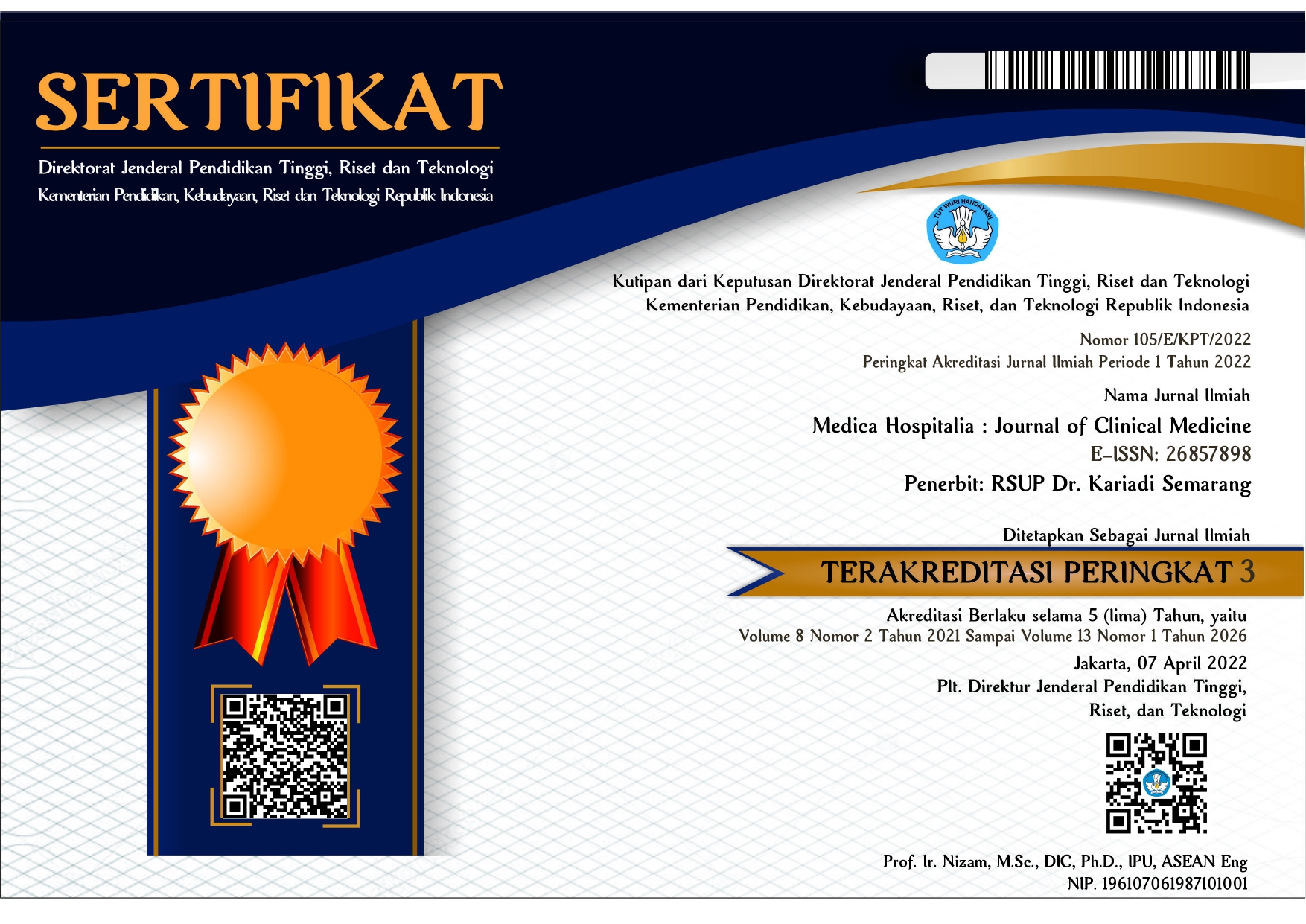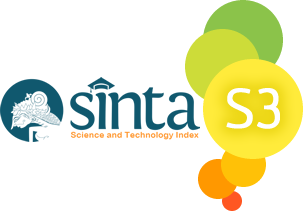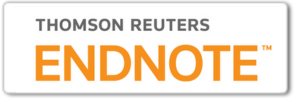Hubungan Pengetahuan dan Persepsi Ibu dengan Pemanfaatan Layanan Provider Initiated HIV Testing Counselling di Maluku
DOI:
https://doi.org/10.36408/mhjcm.v7i1.420Keywords:
Ibu Hamil, PITC, pengetahuan, HIV/AIDSAbstract
Latar belakang : Maluku Tenggara berada pada peringkat ke-2 tertinggi kasus HIV/AIDS dari 11 kabupaten di Maluku. Ibu rumah tangga di Wilayah Kerja Puskesmas Kolser rentan tertular HIV dari suaminya. Rumah tangga daerah ini 40% tidak tinggal bersama karena suami bekerja tidak menetap, selain itu di daerah ini juga terdapat lokalisasi. Ibu hamil yang memanfaatkan layanan Provider Initiated HIV Testing Counselling tahun 2017 sebanyak 76% dari 321 kunjungan, data ini menunjukkan Puskesmas Kolser belum mencapai target Maluku Tenggara terkait program yakni 89%.
Tujuan : Mengetahui faktor yang mempengaruhi pemanfaatan layanan PITC oleh ibu hamil di Wilayah Kerja Puskesmas Kolser.
Metode : Penelitian ini menggunakan metode observasional analitik pendekatan cross-sectional. Subjek 155 ibu hamil di Wilayah Kerja Puskesmas Kolser yang diperoleh dengan tehnik total sampling. Instrumen penelitian kuesioner, data dikumpulkan dengan metode face to face dan dianalisis menggunakan uji chi square dan regresi ogistik ganda metode backward
Hasil : Terdapat hubungan pengetahuan (p=0,000), persepsi manfaat pemeriksaan HIV (p=0,007), dan persepsi kerentanan (p=0,040) dengan pemanfaatan layanan PITC. Ibu hamil yang mempunyai pengetahuan rendah beresiko 3,825 kali lebih besar untuk tidak memanfaatkan layanan PITC dibandingkan ibu hamil dengan pengetahuan yang tinggi.
Simpulan : Pengetahuan ibu hamil merupakan faktor yang paling signifikan terkait pemanfaatan layanan PITC di Wilayah Kerja Puskesmas Kolser Maluku.
Kata kunci : Ibu hamil, PITC, pengetahuan, HIV/AIDS
Relationship Between Mother’s Knowledge and Perception with the Use of Provider Initiated HIV Testing Counselling in Maluku
Background : Southeast Maluku district is ranked the 2th highest number of HIV/AIDS cases from 11 district in Maluku. Housewives in Kolser health center are at risk of contracting HIV from their husbands. Families in this area 40% do not live together, because the husband works non permanently. Another reasons is that in this area there are prostitute houses. Kolser health center is one of the Puskesmas that serves HIV testing in Southeast Maluku. Pregnant women who come to visit PITC in 2017 were 247 mothers out of 321 visits.
Purpose : This study aims to explore the behavioural factors that influence pregnant women’s to PICT at the Kolser health center.
Methods : This study employed a cross-sectional design. The sample of this study consists of 155 pregnant mothers in Puskesmas Kolser, selected by using total sampling. Data was collected using face to face interview by trained enumerators. Data were then analysed with chi-square test and logistic regression backward method.
Results : The finding of this study is that there is a relationship between knowledge (p=0,000), perceived benefit (p=0,007), perceived susceptibility (p=0,040) with the visit of pregnant women to PITC. Compared to pregnant women who do not have sufficient on HIV/AIDS, those who have sufficient knowledge on HIV/AIDS was 3.825 times more likely to come visit PITC
Conclusion : sufficient knowledge of pregnant women is the most significant factor related to the utilization of PITC in Kolser health center.
Keywords : pregnant women, PITC, knowledge, HIV/AIDS
Downloads
References
2. Kementerian kesehatan RI. Pedoman Nasional Tes dan Konseling HIV dan AIDS. Jakarta: Kementerian Kesehatan RI; 2013.
3. Kementerian kesehatan RI. Laporan Situasi Perkembangan HIV-AIDS PIMS di Indonesia Triwulan IV [Internet]. 2017. p. 8–10. Available from: siha.depkes.go.id%3Eportal%3Efiles_upload
4. Dinas Kesehatan Kabupaten Maluku Tenggara. Laporan Angka Kejadian kasus HIV/AIDS. 2017.
5. Kementerian Kesehatan RI. Modul Pelatihan Tes dan Konseling. Jakarta: Dirjen Pemberantasan Penyakit Menular; 2016.
6. Saspriyana K, Suwiyoga K, Darmayasa L. Karakteristik umur, Pendidikan, dan Pekerjaan Istri serta Status Suami Sebagai Faktor Risiko Terjadinya Infeksi HIV pada Ibu Hamil. J Kedokt. 2015;46(1):3–8.
7. Dinda A, Solehati T, Lukman M. Persepsi dan Isyarat Bertindak Ibu Rumah Tangga Tentang Tes dan Konseling HIV di Kecamatan Mampang Jakarta Selatan. J Ilm Ilmu KesehatanWawasan Kesehat. 2018;5(1):1–8.
8. Setiyawati N, Meilani N. Determinan Perilaku Tes HIV pada Ibu Hamil. J Kesehat Masy Nas. 2015;9(3):201–6.
9. Arniti NK, Wulandari LP, Wirawan DN. Faktor yang Berhubungan dengan Penerimaan Tes HIV oleh Ibu Hamil di Puskesmas Kota Denpasar. Public Heal Prev Med Arch. 2014;2(1):63–9.
10. Leon N, Colvin CJ, Lewin S, Mathews C. Provider-Initiated Testing and Couselling for HIV: from debate to implementation. South African Med J. 2010;100(4):220–1.
11. Abtew S, Awoke W, Asrat A. Knowledge of Pregnant Women on Mother-to-Child Transmission of HIV, its Prevention and Associated Factors in Assosa Town Northwest Ethiopia. Dove Press J HIV/AIDS-Research Palliat Care. 2016;8:101–7.
12. Halim Y, BM S, Kusumawati A. Faktor-Faktor yang Berhubungan dengan Perilaku Ibu Hamil dalam Pemeriksaan HIV di Wilayah Kerja Puskesmas Halmahera KotaSemarang. Kesehat Masy. 2016;4(5):395–405.
13. Handayani N, Shaluhiyah Z, Suryoputro A. Qualitative Study: Patients Perception of PITC in Semarang Hospitals. Indian J Public Heal Res Dev. 2019;10(3):748–52.
14. Wenny DM, Wijayanti Y, Hakimi M. Faktor yang Mempengaruhi Partisipasi Ibu hamil Melakukan Skrining HIV di Puskesmas Yogyakarta. Ber Kedokt Masy J. 2016;32(11):435–42.
15. Ernawati, Suryoputro A, BM S. Niat Ibu Hamil untuk Tes HIV di UPT Puskesmas Alun-Alun Kabupaten Gresik. Promosi Kesehat Indones. 2016;11(1):38–50.
16. Mohlabane N, Tutshana B, Peltzer K, Mwisongo A. Barriers and Facilitators associated with HIV testing uptake in South African health Facilities offering HIV Counselling and Testing. Heal SA Gesondheid. 2016;21:86–95.
17. Tehrani FJ, Nikpour S, Haji EA. The Effect of Education Based on Health Belief Model on Health
Additional Files
Published
How to Cite
Issue
Section
Citation Check
License
Copyright (c) 2020 Medica Hospitalia : Journal of Clinical Medicine

This work is licensed under a Creative Commons Attribution-ShareAlike 4.0 International License.
Copyrights Notice
Copyrights:
Researchers publishing manuscrips at Medica Hospitalis: Journal of Clinical Medicine agree with regulations as follow:
Copyrights of each article belong to researchers, and it is likewise the patent rights
Researchers admit that Medica Hospitalia: Journal of Clinical Medicine has the right of first publication
Researchers may submit manuscripts separately, manage non exclusive distribution of published manuscripts into other versions (such as: being sent to researchers’ institutional repository, publication in the books, etc), admitting that manuscripts have been firstly published at Medica Hospitalia: Journal of Clinical Medicine
License:
Medica Hospitalia: Journal of Clinical Medicine is disseminated based on provisions of Creative Common Attribution-Share Alike 4.0 Internasional It allows individuals to duplicate and disseminate manuscripts in any formats, to alter, compose and make derivatives of manuscripts for any purpose. You are not allowed to use manuscripts for commercial purposes. You should properly acknowledge, reference links, and state that alterations have been made. You can do so in proper ways, but it does not hint that the licensors support you or your usage.

























